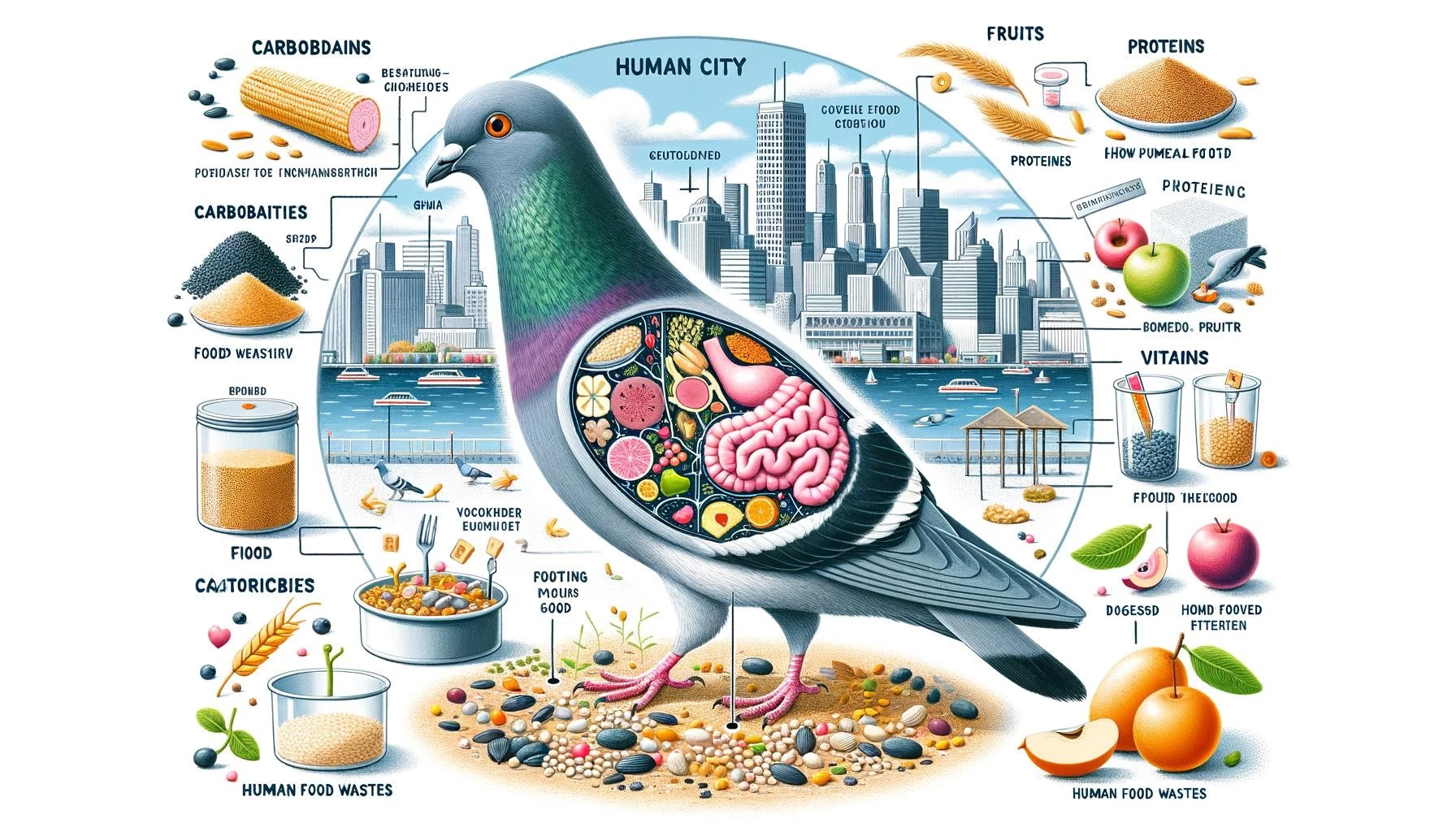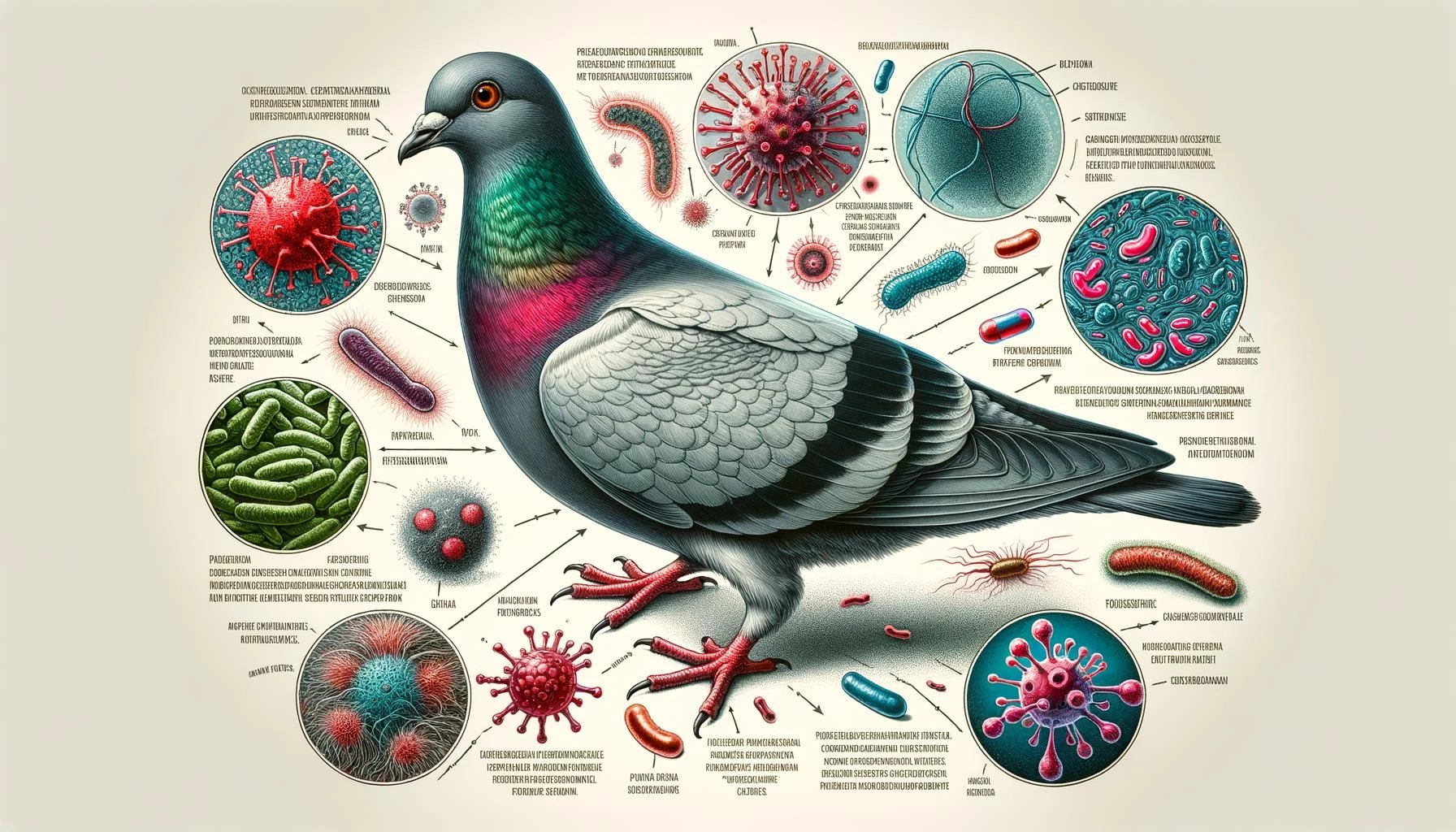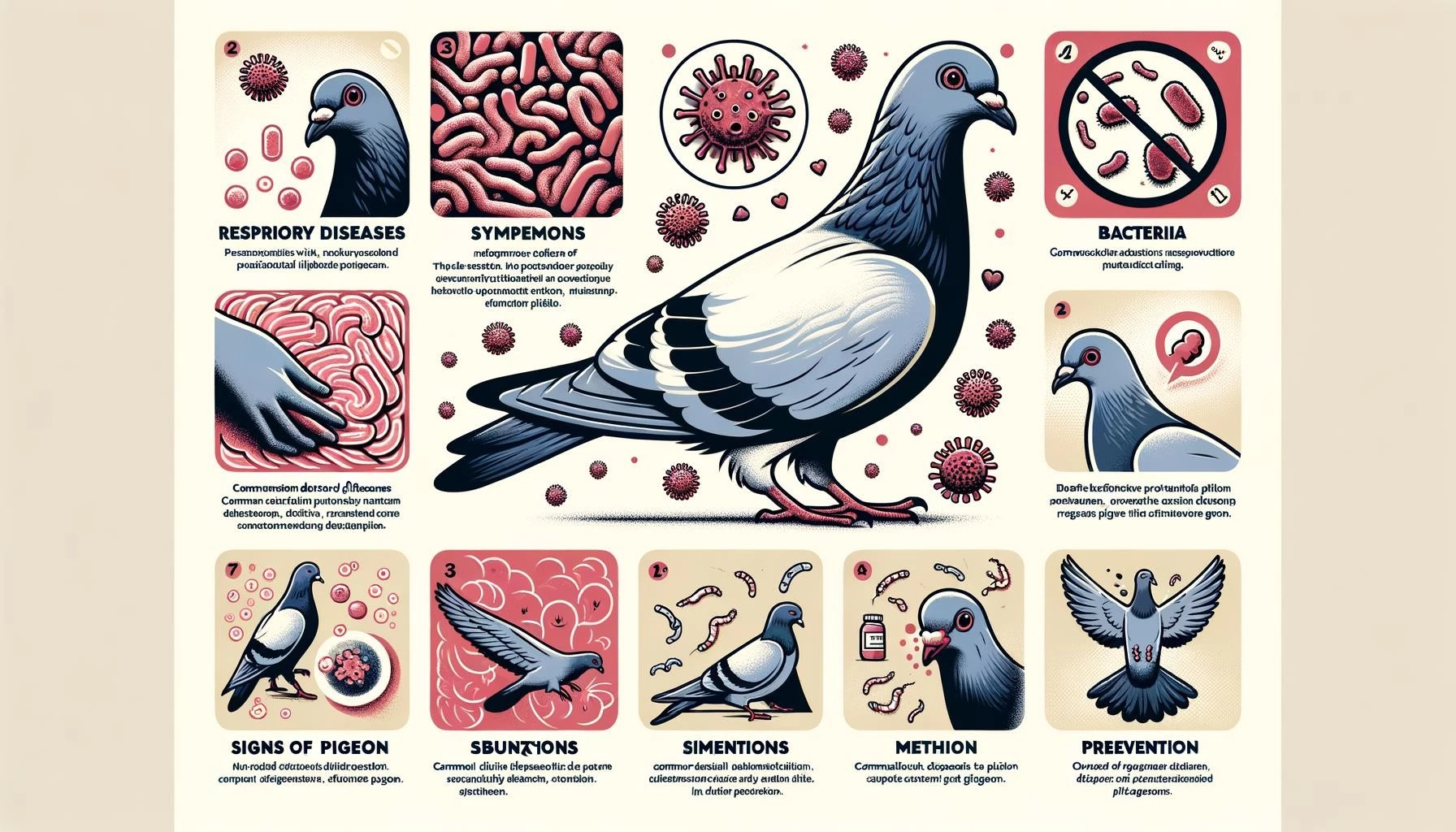Pigeons have unique dietary needs, and their nutrition is essential for their overall health and well-being. Understanding what pigeons eat and providing them with a balanced diet is crucial for their survival, whether they are wild or kept as pets. In this article, we will explore the key aspects of a pigeon’s diet and nutrition, including their natural food preferences, recommended food sources, and the importance of protein in their diet.
Key Takeaways
- Pigeons have varied dietary preferences and consume a combination of seeds, grains, fruits, and insects.
- An ideal pigeon diet consists of a mixture of fruits, grains, and seeds.
- Commercial pigeon feed or pellet mixes are available and provide the necessary nutritional balance for pigeons, especially for pet pigeons.
- Protein is a vital component of a pigeon’s diet, supporting muscle development, growth, and overall health.
- Pigeons also require carbohydrates and fats for energy, vitamins, minerals, and water to maintain their health and well-being.
Natural Food Preferences of Pigeons
Pigeons have omnivorous feeding habits, meaning they consume both plant-based foods and small amounts of animal matter. In their natural habitat, pigeons primarily feed on seeds, grains, fruits, vegetables, and insects.
Seeds and grains form a significant part of a pigeon’s natural diet. This includes varieties like millet, wheat, corn, rice, oats, and peas. Pigeons typically scatter and forage for these food sources in their environment.
Pigeons also have a preference for fresh fruits, berries, and nuts. Insects, snails, and worms are occasional additions to their diet.
Recommended Pigeon Diet
To ensure pigeons receive optimal nutrition, it is recommended to provide them with a balanced diet that includes a combination of fruits, grains, and seeds.
Commercial pigeon feed or pellet mixes are available and can be a convenient option for ensuring pigeons receive a well-rounded diet. These premixed feeds are carefully formulated to provide the necessary nutritional balance for pigeons, including proteins, carbohydrates, fats, vitamins, and minerals. They are especially beneficial for pet pigeons, as they offer a controlled and complete diet.
When selecting pigeon feed or pellets, choose products that contain a variety of seeds, grains, and minerals essential for their nutrition. Seeds such as millet and sunflower seeds are commonly found in these mixes.
In addition to commercial feeds, it is also recommended to supplement a pigeon’s diet with small amounts of fresh produce, such as chopped vegetables and fruits. These can include corn, peas, spinach, kale, green beans, broccoli, carrots, and sprouts. It is important to limit the quantity of fruits due to their higher sugar content. Offering a variety of fresh produce ensures a diverse nutritional intake for pigeons.
The Importance of Protein in a Pigeon’s Diet
Protein is a crucial component of a pigeon’s diet, as it supports growth, muscle development, and overall health. Pigeons require an adequate amount of protein to maintain their physical condition, especially after racing or during periods of higher activity.
Protein-rich foods, such as mealworms and well-balanced seed mixes containing high-protein seeds like sunflower seeds, can be excellent sources of protein for pigeons. These foods can be added to their diet to meet their protein requirements.
It is recommended that around 15-20% of a pigeon’s diet consist of protein. This can vary depending on the activity level and specific needs of the bird. Protein is particularly essential for racing pigeons, as it helps with recovery after flight and keeps the muscles healthy for optimal performance.
During molting, when pigeons shed and regrow their feathers, protein requirements may increase. Feathers are primarily made of protein, and providing an adequate protein supply during this period supports healthy feather growth.
While protein is vital for pigeons, it is important to maintain a balanced diet that includes other essential nutrients, such as carbohydrates, fats, vitamins, minerals, and water.
In conclusion, pigeons have specific dietary requirements that need to be met to ensure their health and well-being. It is essential to provide them with a balanced diet that includes a combination of fruits, grains, and seeds. Commercial pigeon feed or pellets can be a convenient and reliable option, while also supplementing with fresh produce. Protein holds a critical role in a pigeon’s diet, supporting muscle development and overall health. By understanding their nutritional needs, pigeon owners can ensure their birds thrive and maintain optimal health.








